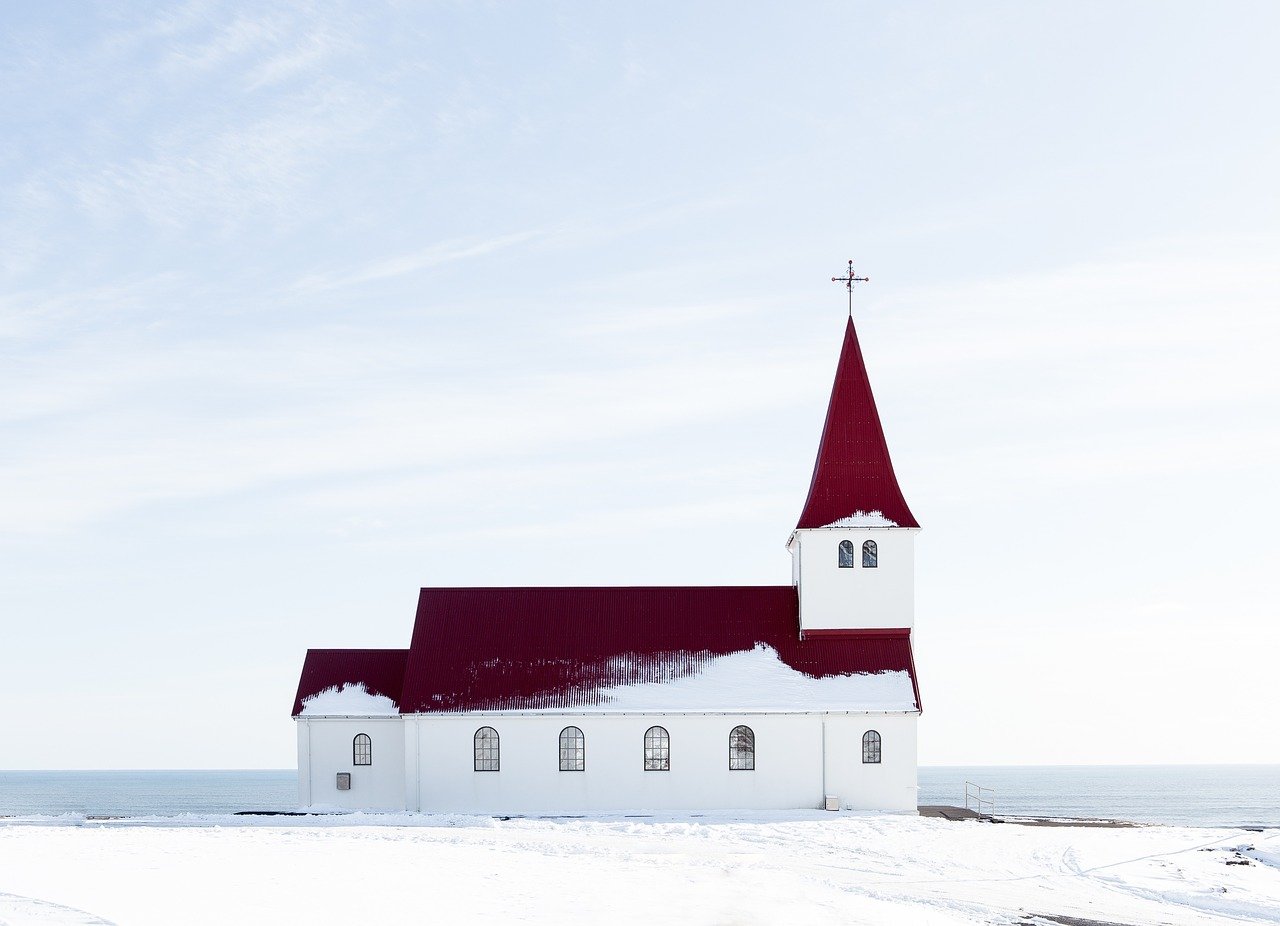A majority of Christians attend church on Sunday mornings, but why? Growing up, I thought it was more of a convenience thing. It makes sense that church would be on one of the weekend days so more people would already have the day off work. Obviously, it’s a bit more complicated than that. But why? Does the Bible command church services be held on Sundays? If not, why have we been doing it for hundreds of years?
This is one of the top questions asked on eBible.com, an interactive Bible platform. Users can read the Bible, access study materials, and engage in thoughtful debate over such questions like why we have church on Sunday. Here’s the top answer for this question, given by S. Michael Houdmann. You can find all 17 answers in the original question thread here.

The Sabbath
Most Christians traditionally worship on Sunday. Sunday worship is partly attributed to Sabbatarianism, the view that one day of the week should be reserved for religious observance and worship, as required by Old Testament laws regarding the Sabbath (Exodus 20:8; 31:12-18). In this view, man is to abstain from all labor except that which is necessary for the welfare of family and society. This interpretation of the law contends that only on the literal Sabbath, the seventh day of the week (Saturday), can the requirements of the law be met.
Semi-Sabbatarianism

Semi-Sabbatarianism followers, as early as the fourth century AD, believed essentially as the Sabbatarians did, with the exception that they transferred its demands from Saturday to Sunday, the first day of the week (the day on which Christ arose from the dead). Theologians of that period, particularly in the Eastern Church, were teaching the practical identity of the Jewish Sabbath (Saturday) and the Christian Sunday.
Interestingly, a legend recounted in the so-called Apocalypse of Peter, which dates back to the 2nd century AD and is generally accepted as a false writing, transfers to Sunday all of the requirements of Sabbath worship. A man named Albertus Magnus added momentum to this growing movement by suggesting semi-Sabbatarianism be divided into two parts: the moral command to observe a day of rest after laboring the previous six days, and the ceremonial symbol that applied only to the Jews in a literal sense. Thomas Aquinas elevated this proposal to the status of official Roman Catholic doctrine, which in time also gained favor with many Reformed theologians.
What Scripture Says

Scripture never mentions any Sabbath (Saturday) gatherings by believers for fellowship or worship. However, there are clear passages that mention the first day of the week, Sunday. For instance, Acts 20:7 states that “on the first day of the week we came together to break bread.” Paul also urges the Corinthian believers, “On the first day of every week, each one of you should set aside a sum of money in keeping with his income” (1 Corinthians 16:2). Since Paul designates this offering as “service” in 2 Corinthians 9:12, this collection may have been linked with the Sunday worship service of the Christian assembly. Historically, Sunday, not Saturday, was the normal meeting day for Christians in the church, and its practice dates back to the first century.
Christians worship on Sundays in celebration of the resurrection of Jesus Christ. It is very important to remember, though, Sunday worship is not commanded in the Bible, and Sunday has not replaced Saturday and become the Christian Sabbath. While the New Testament describes Christians gathering and worshipping on Sundays, it nowhere states that Sunday has replaced Saturday as the Sabbath. They key point in all of this is that we are not to limit our worship to any particular day of the week. We are to rest in the Lord every day. We are to worship the Lord every day.
View the original question here!
SKM: below-content placeholderWhizzco for FHB

